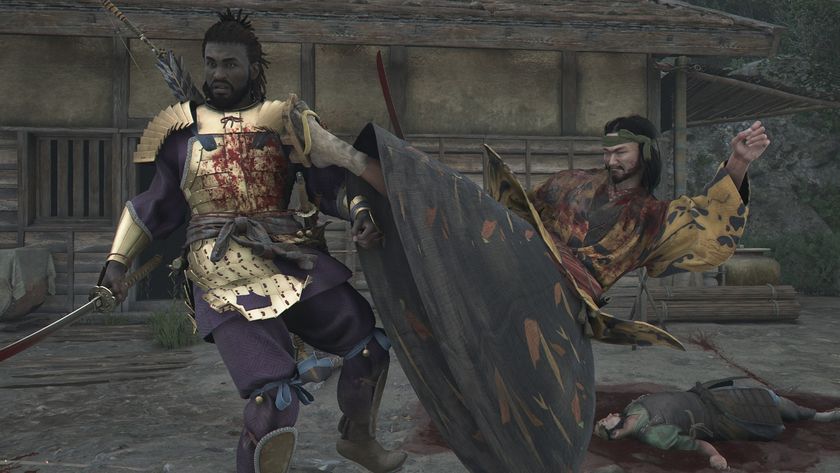Do the right thing
All PC gamers need to take responsibility for their community

It may not flash its naughty bits every time it exits an automobile, but the PC still generates at least one good scandal a month. The latest brouhaha: EA’s initial plan to employ draconian digital rights management measures onMass EffectandSPORE. The original plan called for online authentication during installation, and then again every 10 days for the duration of the games’ life on your PC. Following fan outcry, that’s been reduced to just the initial authentication, but a three-install maximum still stands.
I don’t think anyone will dispute the problems with this system: What if the servers go down, now or in the future? What if I get new computers and want to install the game on them? Why are the people who actually buy the game being saddled with any restrictions, especially given the well-accepted fact that no DRM solution has ever actually worked? Whether it takes them a minute or a day or a week, when pirates—actually, let’s not give them that Disney-fied moniker, let’s call them what they really are, which is thieves—when thieves decide they want to bust through even the toughest DRM, they’ll do it.
There’s a theory that well-made games are natural anti-piracy devices—that if a game is “good enough,” people will buy it—or, in turn, if there’s suspicion it won’t be “good enough,” then people will steal it in the name of hedging their bets against spending $50 on a poorly made product. Naturally, many developers—includingCrytek’s Cevat Yerli— don’t agree. AsBioWare’s Ray Muzykatold me in an interview a few weeks ago, it’s a matter of trust: gamers trusting a developer to make a game worth purchasing, and developers trusting gamers to purchase a product that people have spent years working on.
It seems to me that there’s an issue of responsibility on everyone’s part, and few parties want to step up and take theirs. No responsible person would make the case for stealing a new car because they weren’t sure they’d like it, and no responsible automobile maker would cut important engineering corners because they had a deadline to make. Otherwise, arrests and convictions and lawsuits and recalls happen.
Is that what it will take for the PC gaming community—everyone in the PC gaming community—to step up and do what’s right? Are we an RIAA-esque legal mess in the making? I’m beginning to wonder why the basics—don’t steal, don’t lie, do good work—seem to so easily slip a lot of minds in this community.
August12, 2008
Sign up to the 12DOVE Newsletter
Weekly digests, tales from the communities you love, and more











